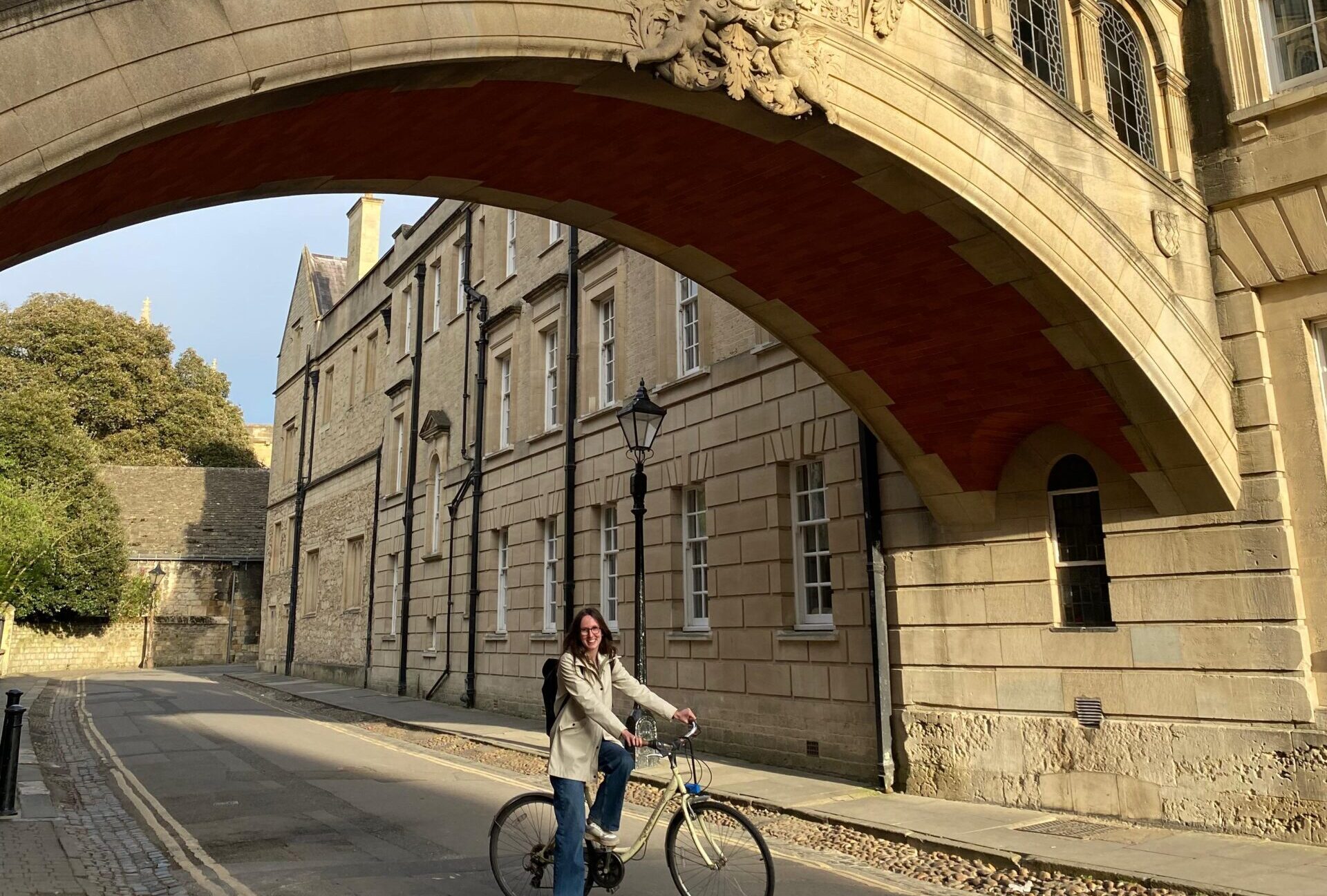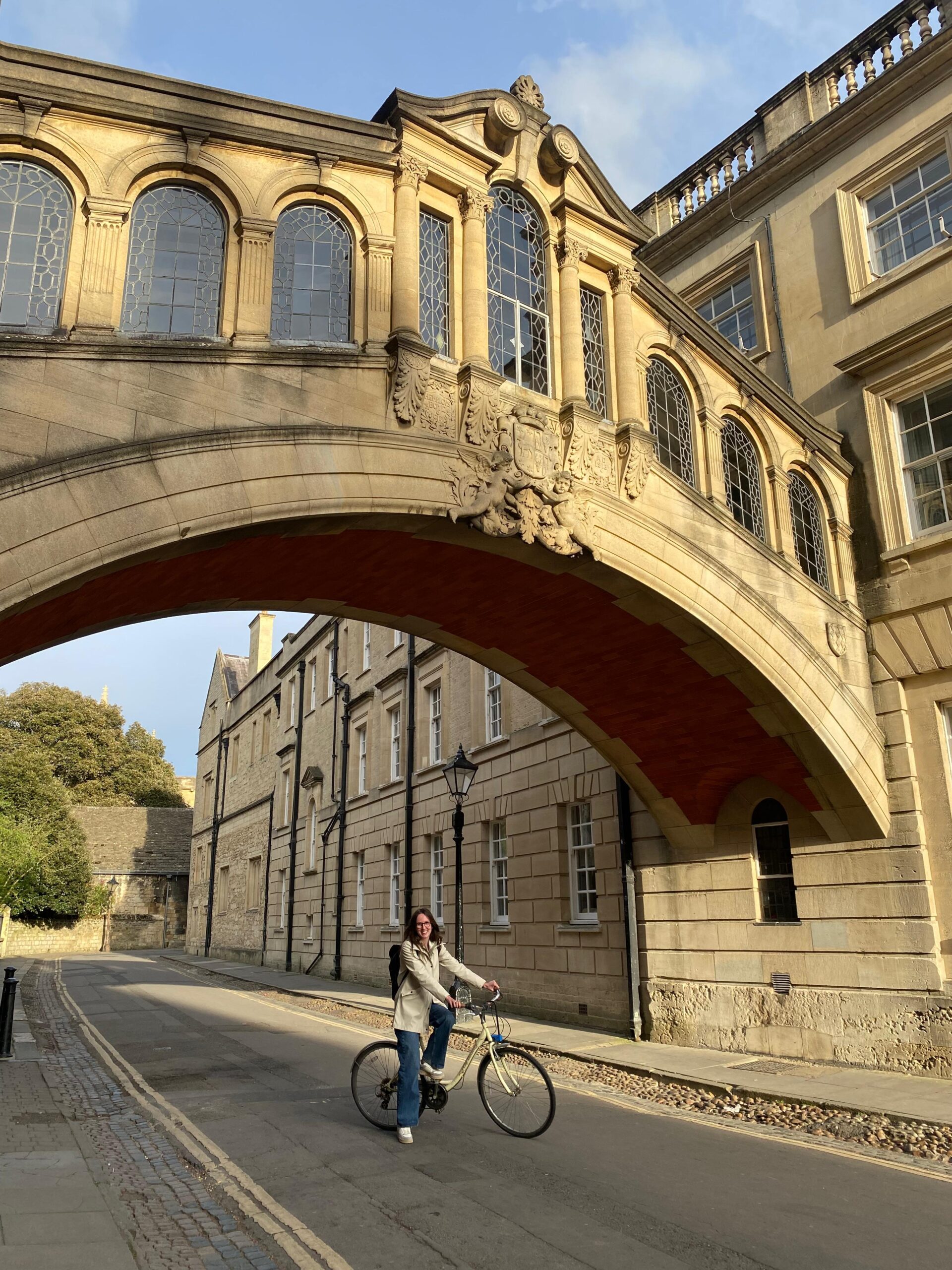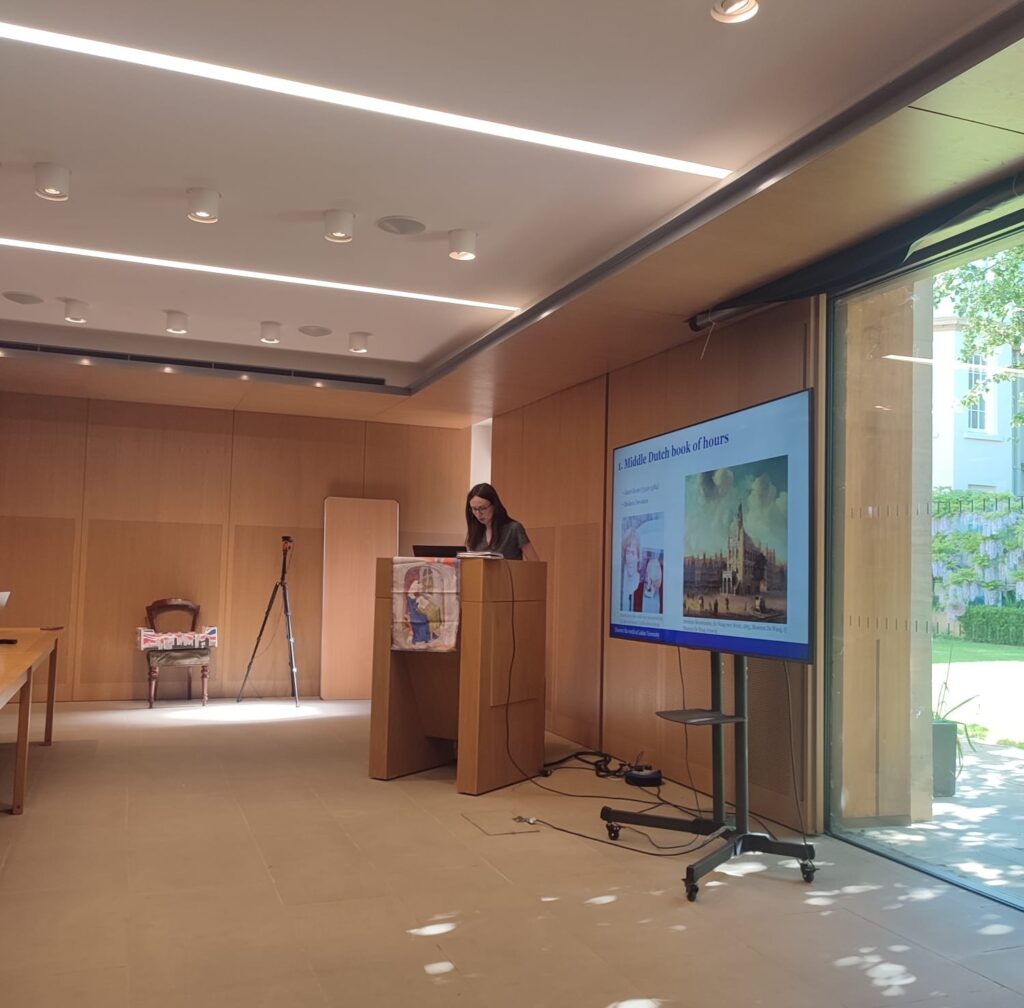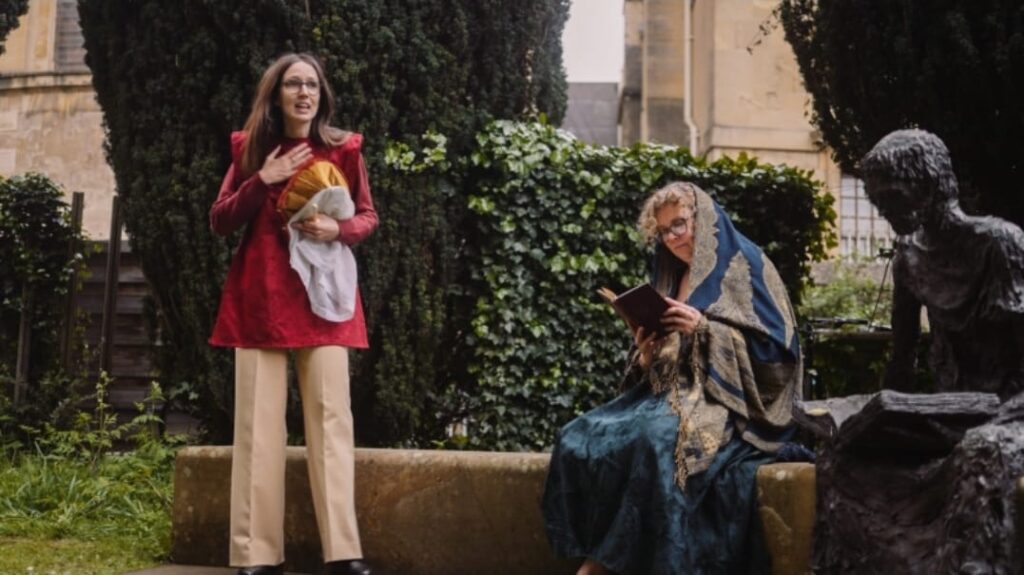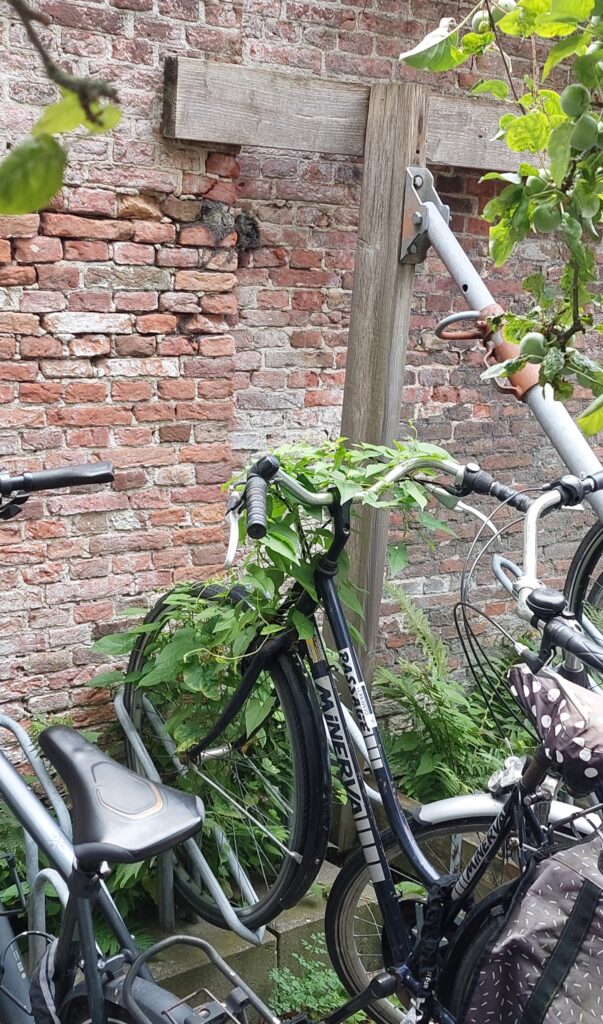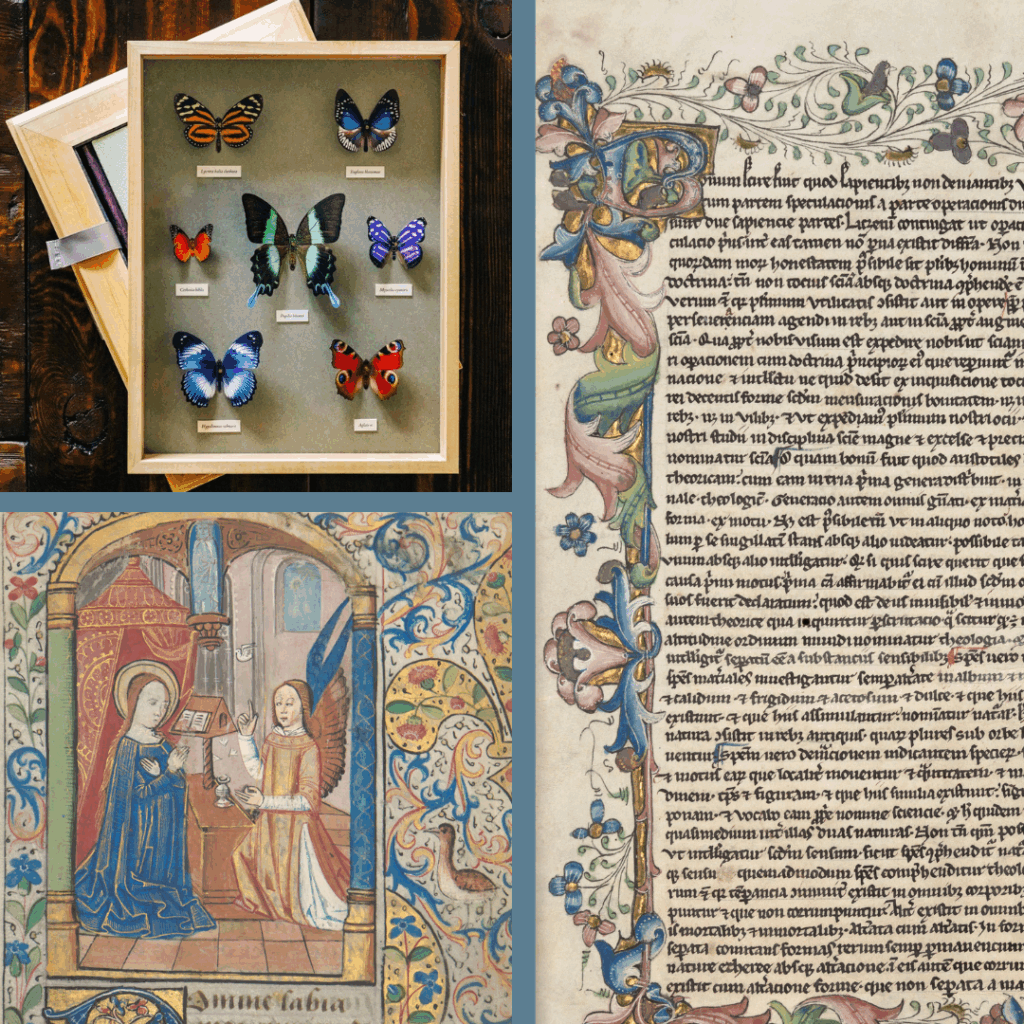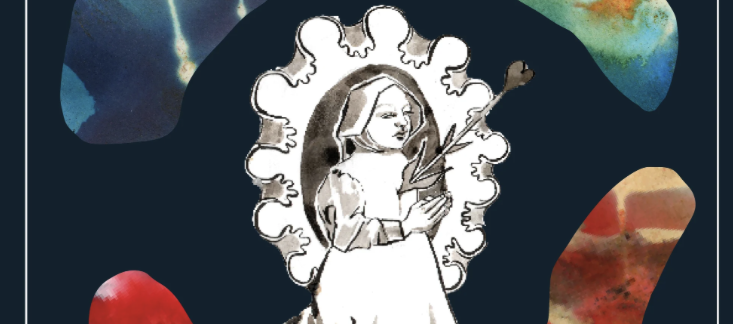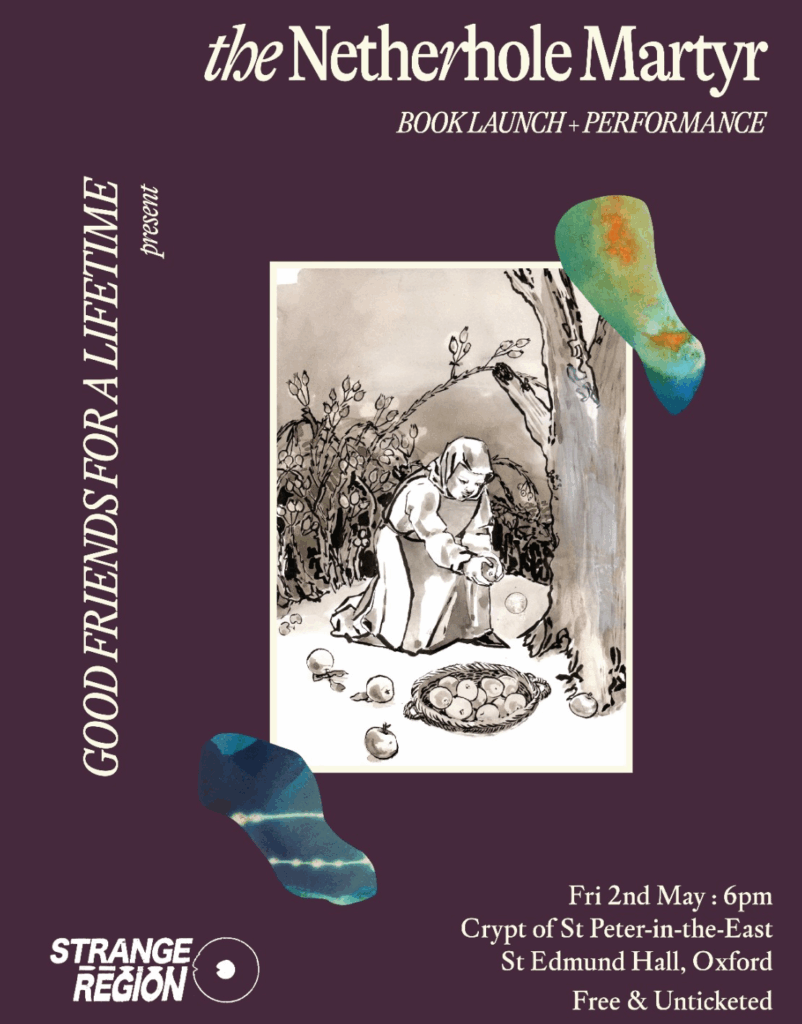A quick update in the middle of the summer break with a few notices which cannot wait for the start of term.
- A very warm welcome to Elizabeth Crabtree, our new Social Media Officer. Read a short blogpost about her interests, and contact her for any news you would like to see spread via the numerous social media channels which OMS operates.
- Apply by 12 September to take part in one of the numerous language classes offered by the Oxford Centre for Hebrew and Jewish Studies this Michaelmas for rare Jewish languages (OSRJL).
- Attend on 12 September a conference in honour of Peggy Brown (in-person at UPenn or via Zoom). The event will also mark the official launch of the Elizabeth A. R. Brown Medieval Historians’ archive, a new initiative at Penn Libraries to collect the professional papers of scholars of the Middle Ages and of associated professional organizations.
- Visit the exhibition Sing Joyfully: Exploring Music in Lambeth Palace Library which runs until 6 November to mark the 500th birthday of the ‘Arundel’ or ‘Lambeth’ Choirbook (Arundel, Sussex, c. 1525) and attend upcoming concerts on 20 and 25 September.
- As part of two Germanist conferences beginning of September, there will be a new exhibition ‘German in the World’ at the Taylor Institution Library including a case on the ‘Nibelungenlied’, and a couple of public events, see the conference programmes for the Association for German Studies and the Anglo-German Colloquium.
- Apply by 3 November for a two-year postdoc position, the John W. Baldwin Post-Doctoral Fellowship at UCLA CMRS Center for Early Global Studies.
- The Latin Hymn as Scriptural Exegesis – from Late Antiquity to the Middle Ages. 25–26 September 2025, Ioannou Centre for Classical & Byzantine Studies, 66 St Giles’, Oxford, OX1 3LU. Registration is free but compulsory. The Latin hymnic tradition is one that spans over a millennium from Late Antiquity through the Middle Ages to the Reformation (and beyond). In that period, there are aspects of it that have remained in many ways stable and enduring, but individual and local contexts and usages at various junctures in its long-lived history have required it to change and to adapt. The corpus also represents a group of texts that would, in many cases, have been very well known beyond the narrow confines of the intellectual and social elite who operated at the highest levels of Latinity and – even if largely penned by incredibly adept Latinists – had a much wider reach than many other Latin texts because of the performed nature of hymns. The relationship of hymns to other exegetical traditions and to the liturgical and para-liturgical contexts in which they were used is also noteworthy.
- Call for Papers for Ars Inquirendi, a multi-day joint conference to be held on 4-7 December 2025 (online, with in-person workshops in Stockholm and Oxford), invites demonstrations of all aspects of the nascent art of using LMMs to query the pre-modern – by which we mean, broadly, any Old World cultures before their domination by movable-type print – from pre-modernists already using LMMs, and computer scientists building them, to philosophers and historians of knowledge. Submissions deadline of 30th September. https://medieval.ox.ac.uk/ars-inquirendi-querying-cfp/
- Presenting the Guild of Medievalist Makers, co-founded by Eleanor Baker, Kristen Haas Curtis, and Laura Varnam. The Guild was the recipient of an Oxford Medieval Studies Small Grant in Trinity Term 2025 to support the launch of their website and to assist with publicity materials for their first two conference appearances this summer. In this blogpost, Oxford co-founders Eleanor Baker and Laura Varnam introduce the Guild and its activities.
- Researcher position: ‘A Quiet Revolution’: Exploring West Horsley Place’s Pre-Modern Landscape. The West Horsley Place Trust has recently received a National Lottery Heritage Fund award for a project titled ‘A Quiet Revolution’, for which they are partnering with the University of Oxford to understand more about the site and its history. We are looking for a skilled and motivated researcher to conduct 239 hours (approximately 30 days) of research on the pre-modern landscape of West Horsley and its historical communities. The role combines desk-based and on-site archival research to produce high-quality outputs in support of a collaborative heritage project. If you are a late stage doctoral or postdoctoral researcher with expertise in medieval and/or early modern landscape history and an interest in working with or in the heritage sector, we’d love to hear from you. More details on how to apply. Deadline: Friday 19th September 2025. Prospective applicants are welcome to direct informal enquiries about the opportunity to Dr Rachel Delman, Heritage Partnerships Coordinator in the Humanities Division (Rachel.delman@humanities.ox.ac.uk)
- Call for Leeds panel on Writing the Past and Shaping the Future in Thirteenth-Century Norway. In this session we invite papers which address any aspect of the political, legal, cultural, and literary life of the Norwegian court in the thirteenth century. We particularly welcome inter-disciplinary approaches which highlight the intersection of historical and literary trends shaping the political and milieu of the thirteenth century Norwegian court. Please submit an abstract of no more than 250 words by Friday 19 September and a brief biography to both Jonas Zeit-Altpeter and Mary Catherine O’Connor.
I hope you have a good summer and remember that it is never too early to send seminar or event announcements to Tristan Alphey under the Oxford Medieval Studies email!





